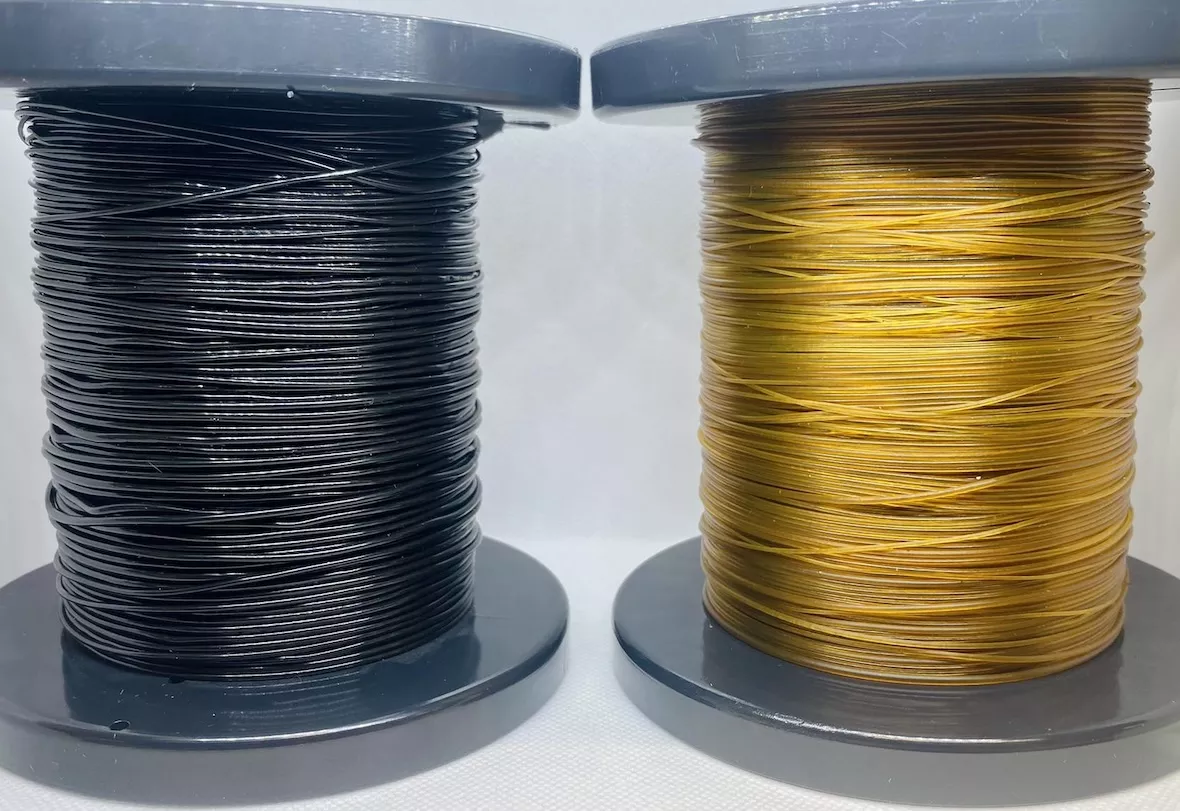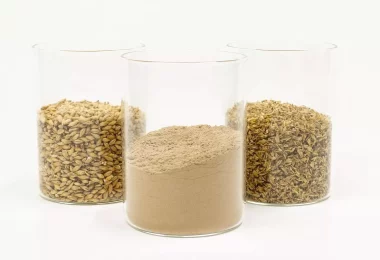EPFL scientists have introduced a novel method for producing high-performance plastics from agricultural waste, offering a greener alternative to traditional materials derived from fossil fuels.
In today’s fast-paced industrial landscape, the search for eco-friendly materials is increasingly critical. Plastics, which are omnipresent in our everyday lives, present significant environmental issues, largely stemming from their fossil fuel-based production and difficult disposal processes.Haut du formulaire
EPFL’s pioneering research, led by Jeremy Luterbacher’s team and published in Nature Sustainability, focuses on converting biomass leftovers into polyamides—strong, durable plastics best known through nylons. Utilizing a sugar core extracted from agricultural residues, this method presents an eco-friendly solution to rigidify plastics while maintaining their performance qualities.
“Typical, fossil-based plastics require aromatic groups for rigidity, which grants them properties like hardness and high temperature resistance,” explains Luterbacher. “Our approach achieves similar results using a sugar structure, a naturally abundant and non-toxic resource.”
The team, including lead author Lorenz Manker, has developed a catalyst-free process that transforms dimethyl glyoxylate xylose, derived from wood or corn cobs, into premium polyamides with a remarkable atom efficiency of 97%. This high efficiency ensures minimal waste, marking a substantial improvement over traditional plastic production methods.
A new era in material science
The resulting bio-based polyamides rival the properties of their fossil fuel-based counterparts, making them suitable for a wide range of applications, from automotive components to consumer goods. Notably, these materials have shown remarkable resilience in mechanical recycling trials, maintaining their integrity and performance across multiple cycles.
Preliminary assessments indicate that these sustainable polyamides could be priced competitively against standard polyamides, such as nylon 66, while significantly reducing the global warming potential by up to 75%.
The venture to commercialize these materials is already underway, with Fribourg-based Bloom Biorenewables scaling production to introduce these sustainable plastics to the market.
This endeavor is supported by collaborators from the HES-SO, the EPFL Institute of Materials, EPFL Valais-Wallis, and The University of Manchester.




